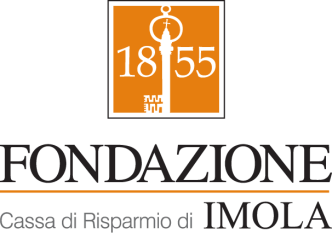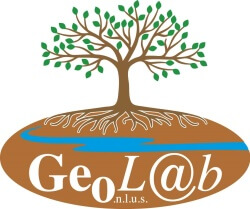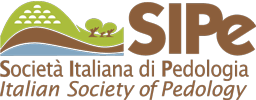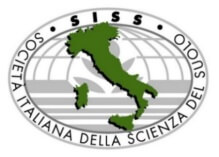IMPACT OF AGRICULTURAL MANAGEMENT ON COMMUNITIES OF ORIBATIDA, GAMASINA AND COLLEMBOLA IN ITALIAN AND FRENCH VINEYARDS
DOI:
https://doi.org/10.6092/issn.2281-4485/7902Keywords:
mites, springtails, sustainable viticulture, organic manure, soil ecosystemAbstract
Quantitative and qualitative analyses among the soil microarthropods can be used in biomonitoring as tools in multi-disciplinary approach to characterize soil quality. Three groups of microarthropods - Collembola and Oribatida as detrivores and Gamasina as predators - were selected to evaluate the impact of different management treatments adopted to recover degraded soil in organic. Differences in arthropod populations between French and Italian sites were registered. In Italy, after two years of recovering treatments, an increase of the abundances of all groups, particularly detritivores in degraded plots, was observed. The population of gamasids increased, in all sites, only in non degraded plots. Soil invertebrates of similar trophic groups, like collembolans and oribatids, seem to differently respond to treatments: the collembolans were more affected by some agronomic practices enhancing soil fertility.
Downloads
Published
How to Cite
Issue
Section
License
Copyright (c) 2018 Sauro Simoni
Copyrights and publishing rights of all the texts on this journal belong to the respective authors without restrictions.
Articles published since 2020 are licensed under a Creative Commons Attribution 4.0 International License:
Previous articles are licensed under a Creative Commons Attribution-NonCommercial 3.0 Unported License:











